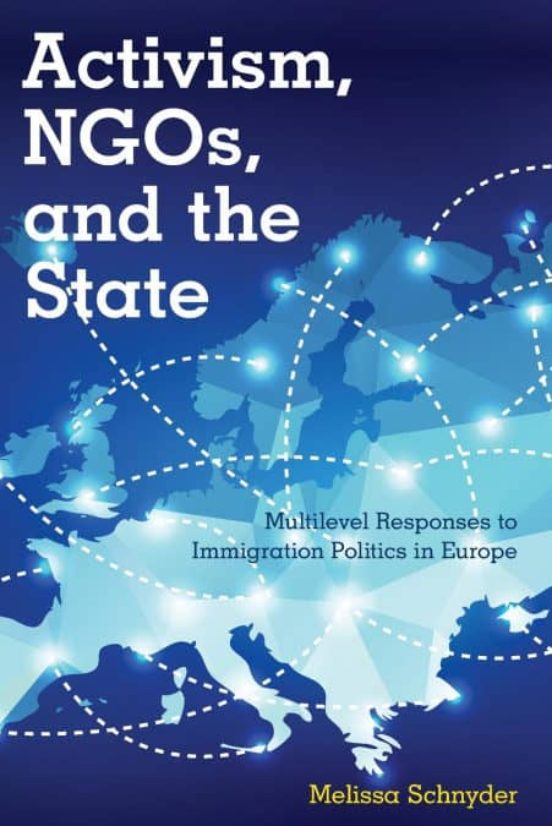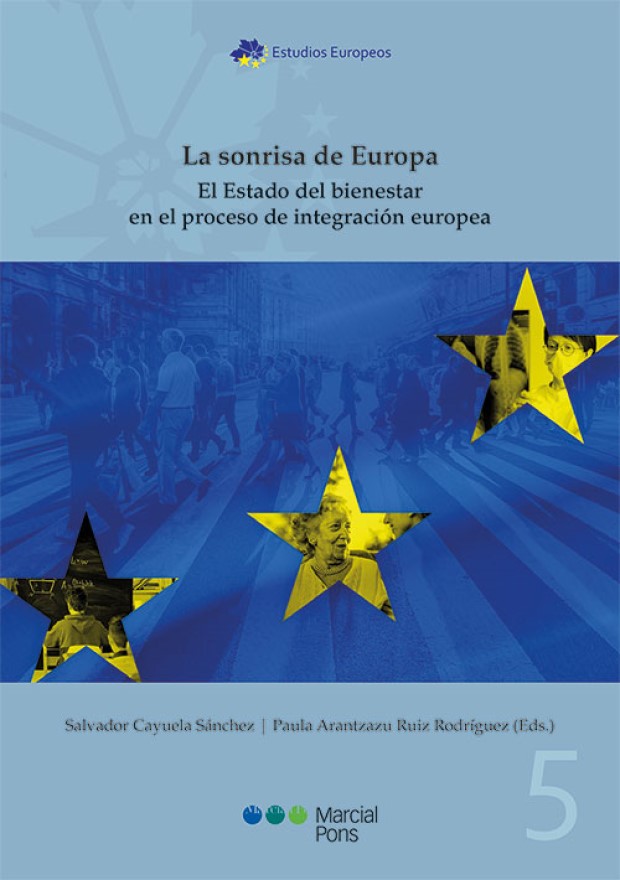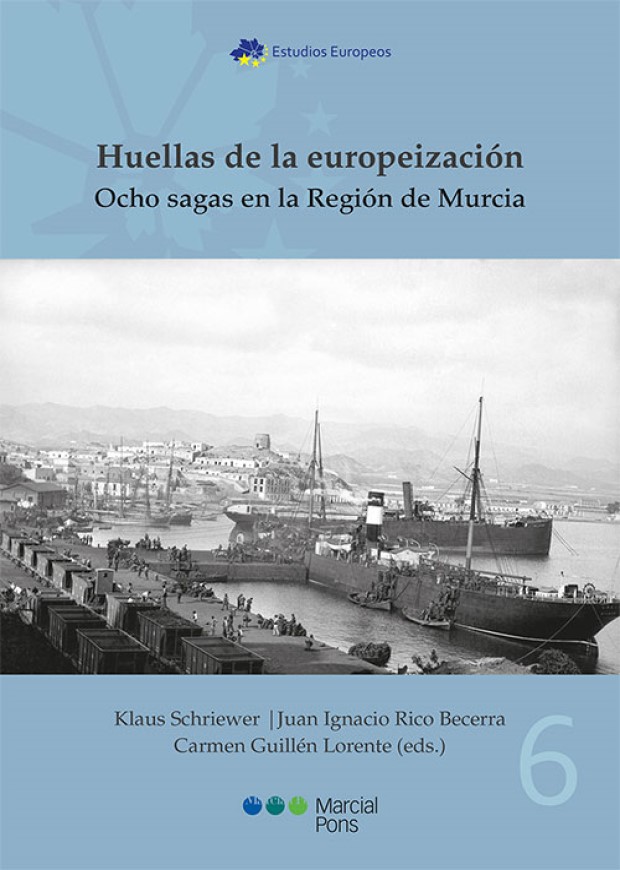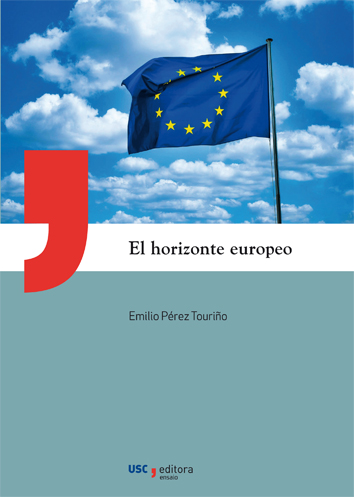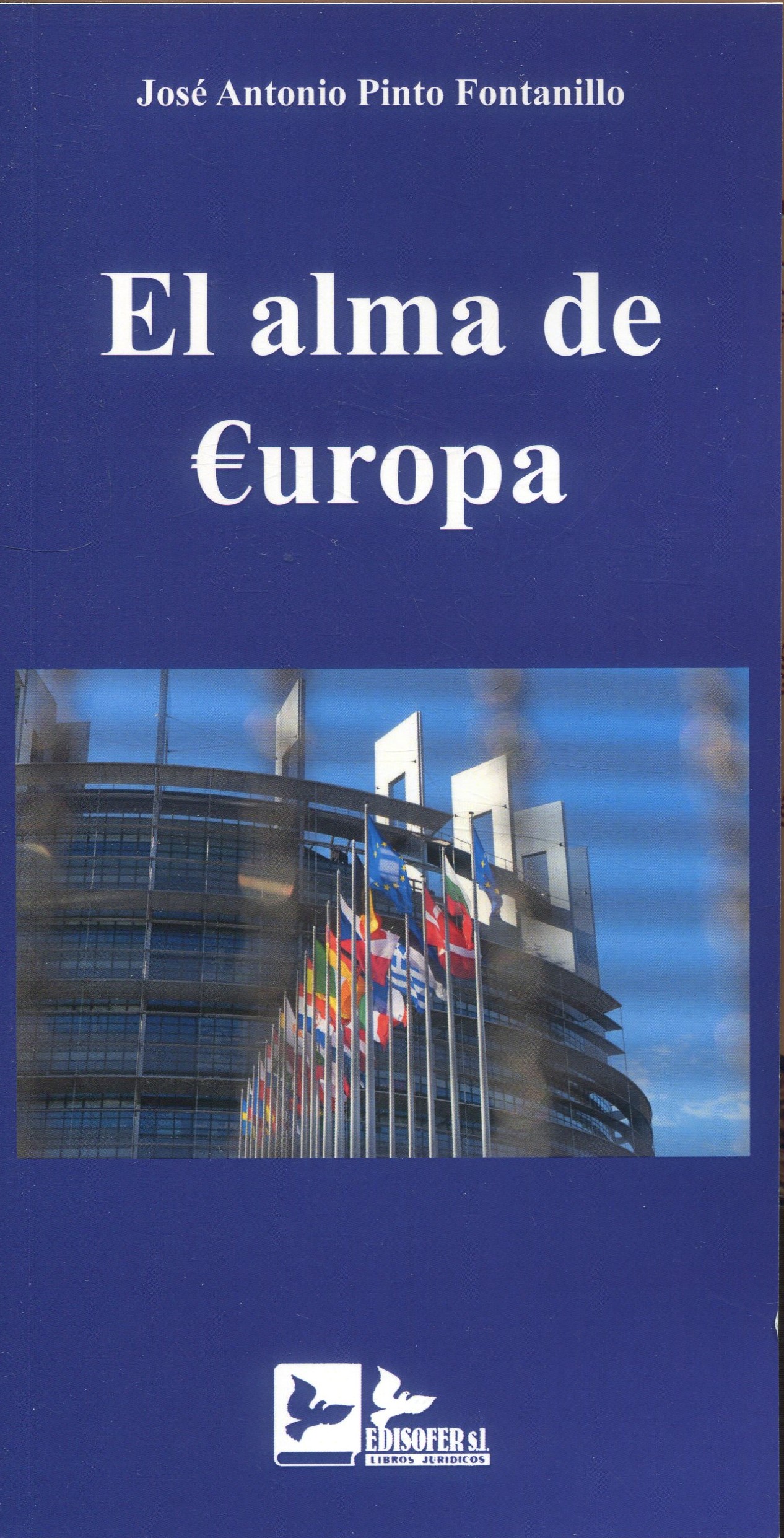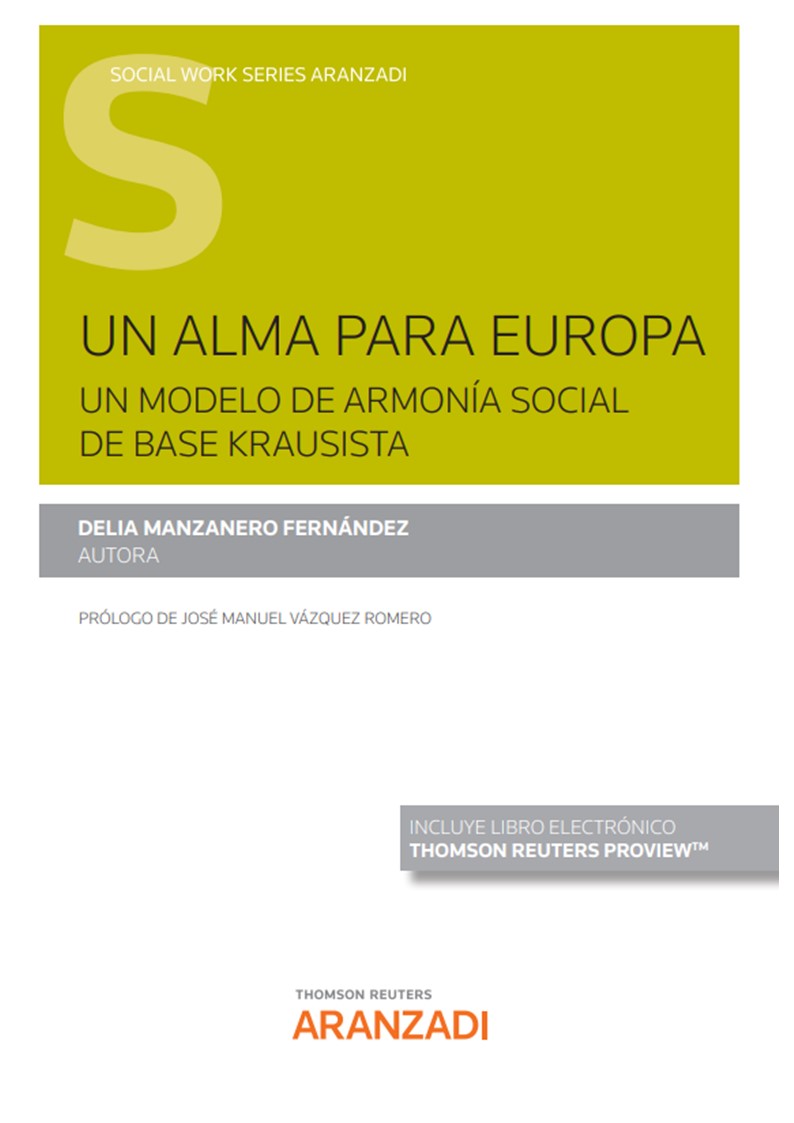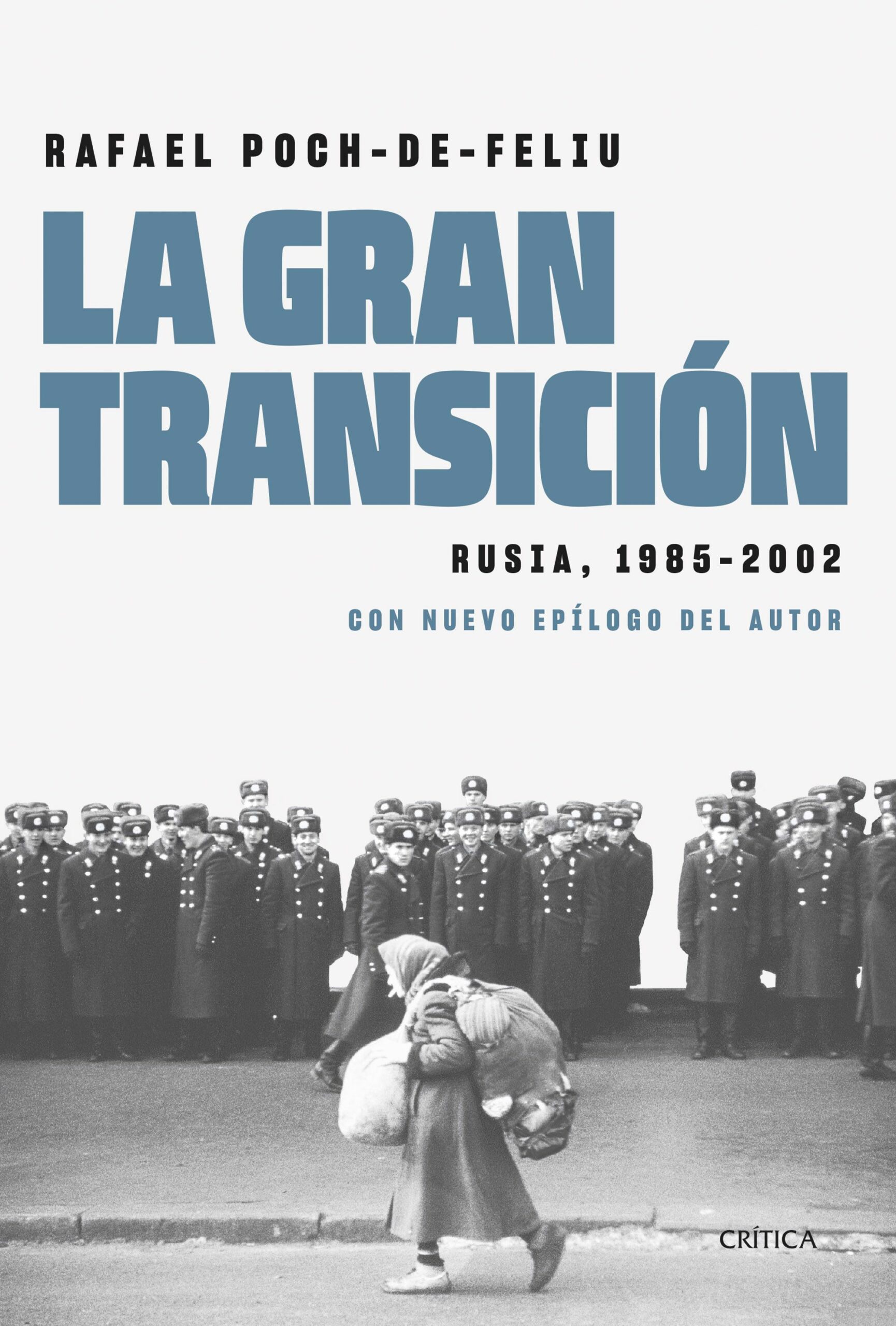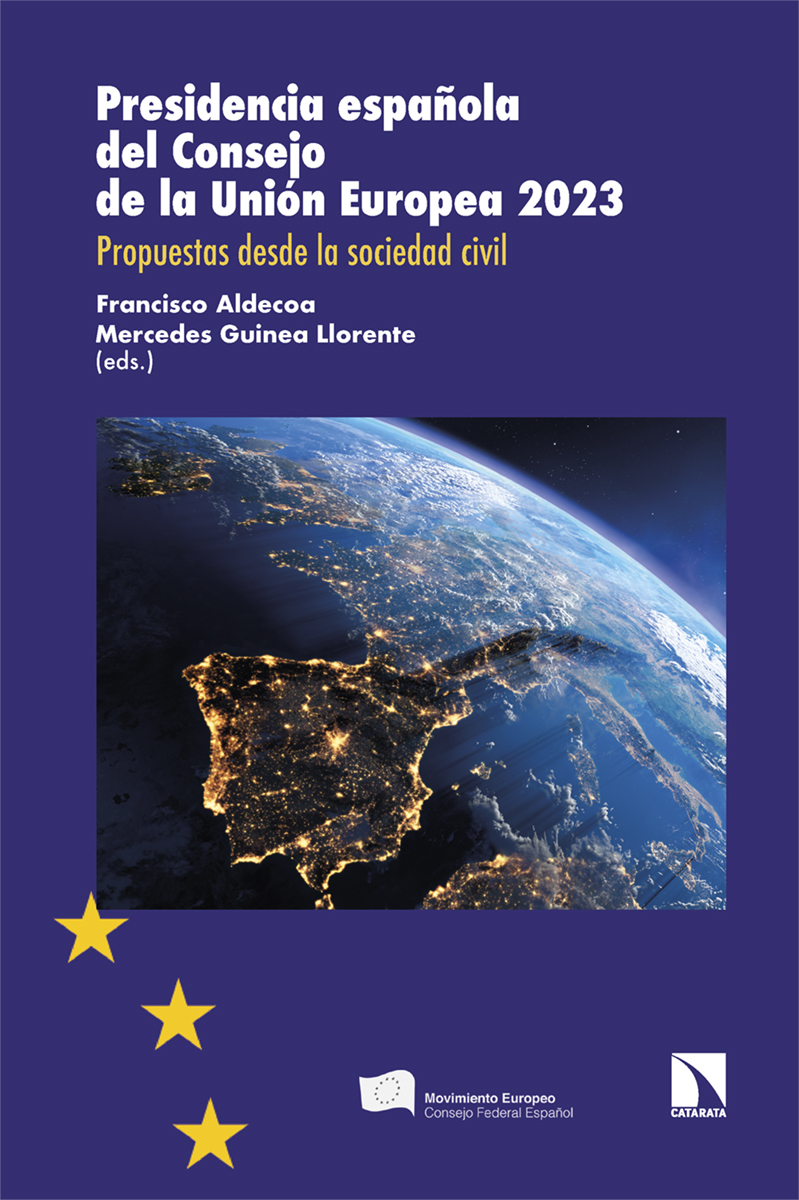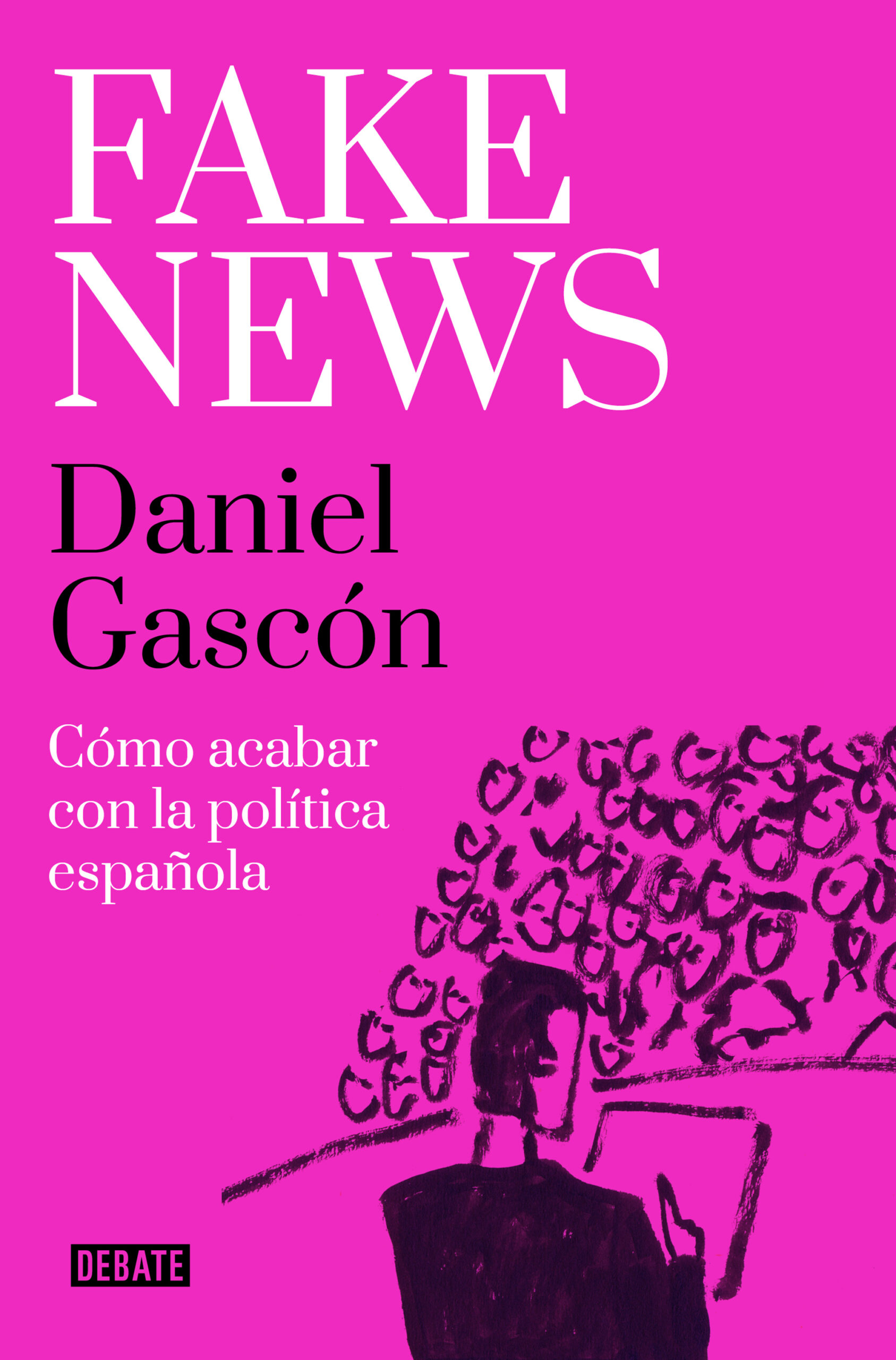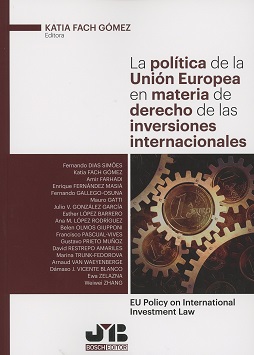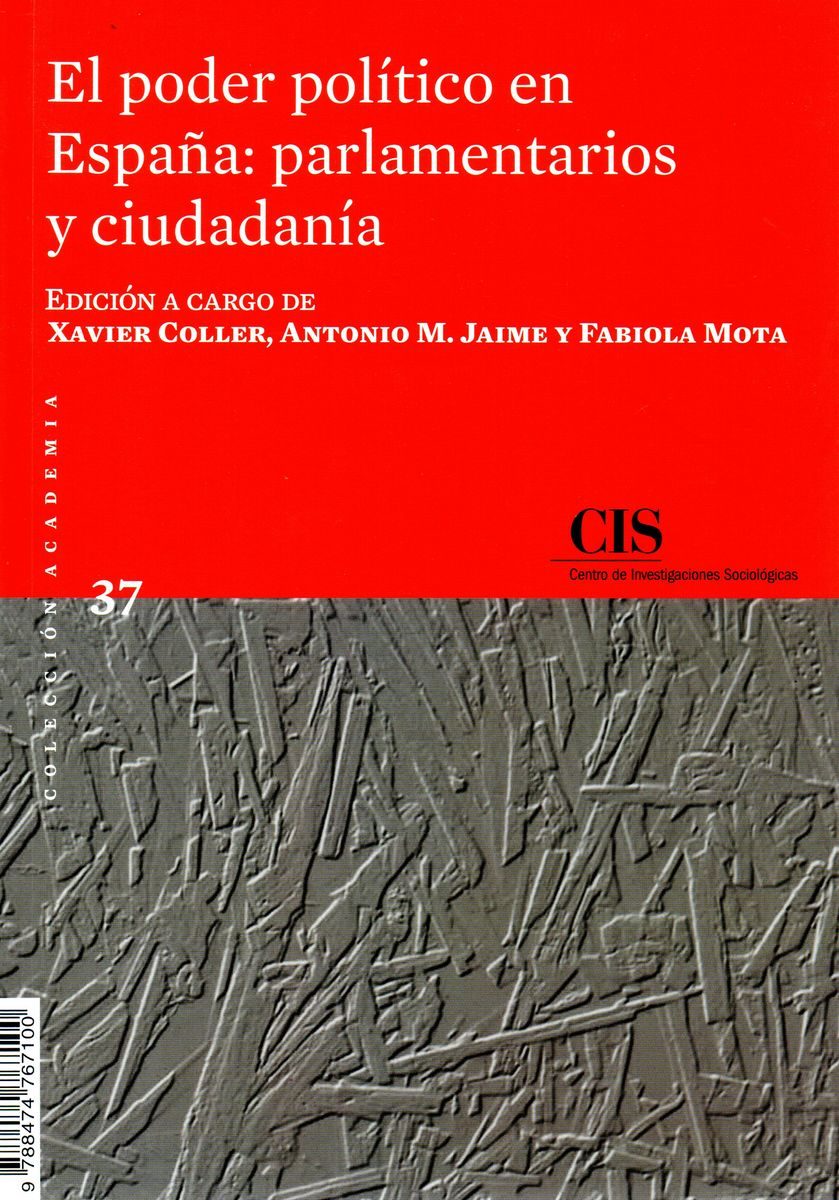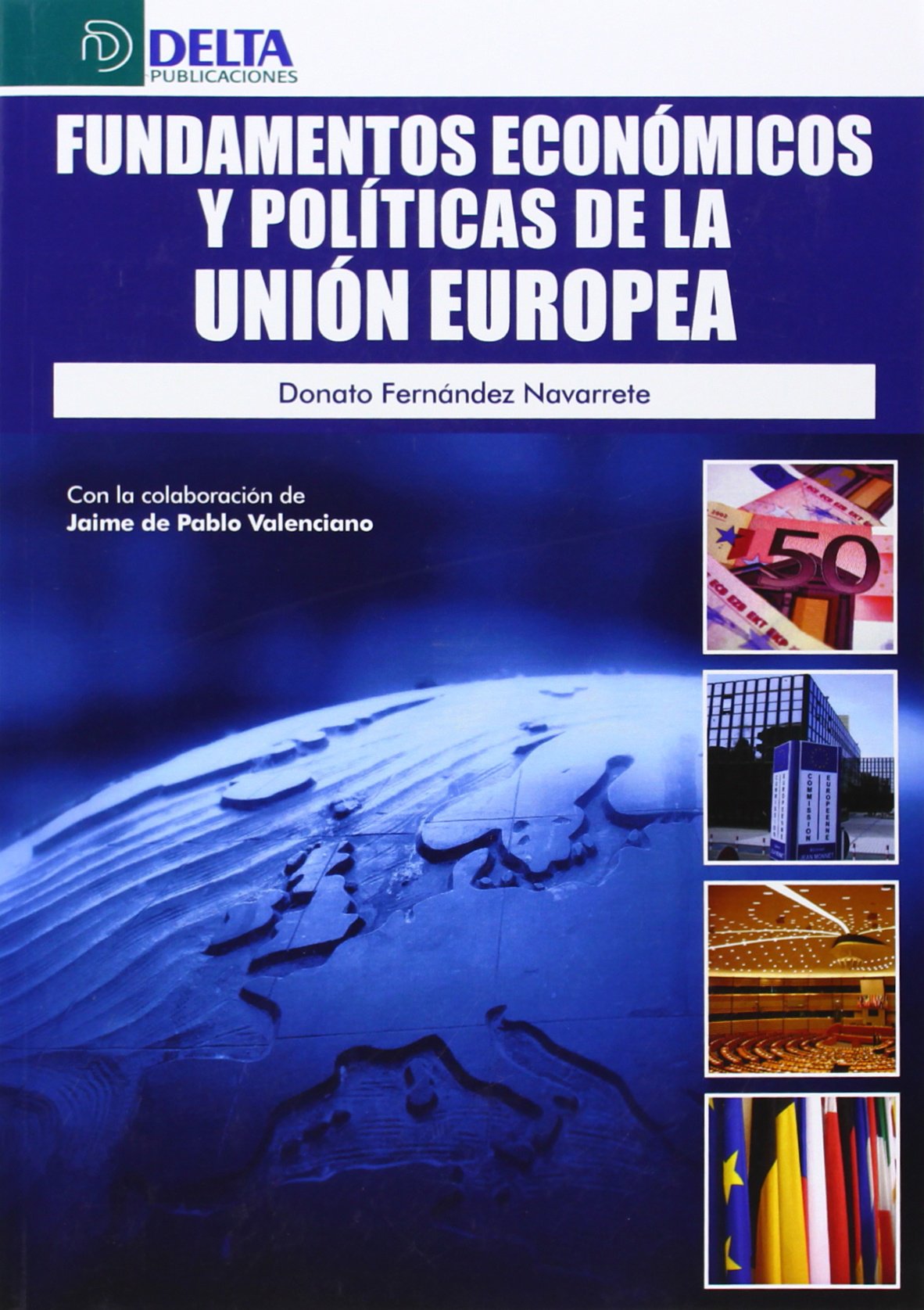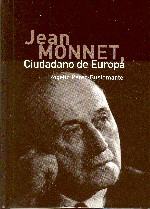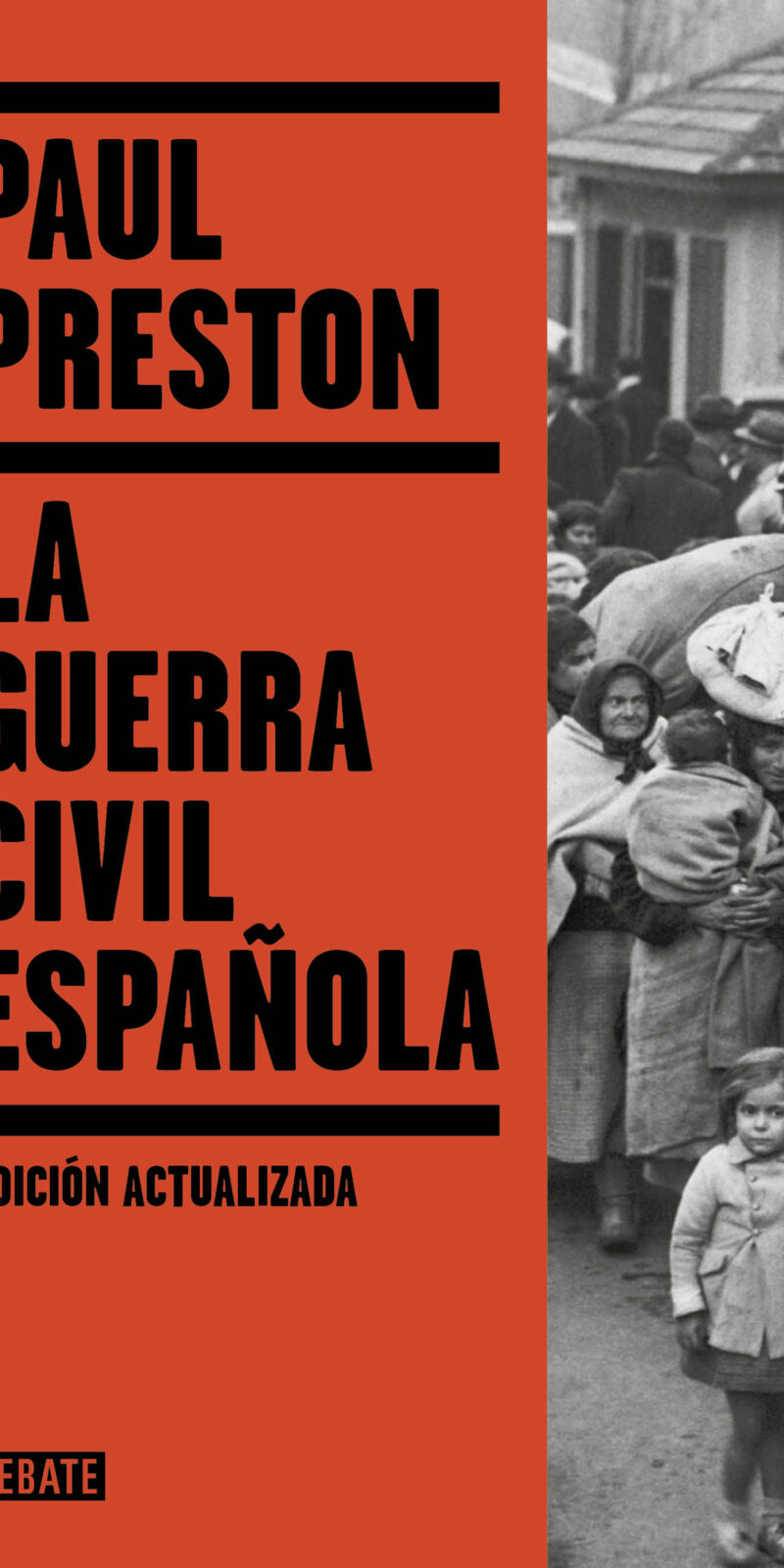Activism, NGOs, and the State * Multilevel Responses to Immigration Politics in Europe
This book uses clear empirical evidence to show the dynamics of inter-associative cooperation within and across nation states, analyzing a vast number of social movement organizations to present
an original focus on inter-organizational cooperation. This is a serious study on a topical, yet under-researched, subject, and an original contribution to the literature on social movements in Europe
. — Dr. Pierre Monforte, Department of Sociology, University of Leicester
Melissa Schnyder’s studyis an erudite and admirably lucid analysis of how European non-governmental bodies influence migration policy nationally and transnationally. In the charged, often
acrimonious, public debate about immigration in Europe’s unique context, this work sheds light on how NGO coordination yields effective results to help dispel the mythology that surrounds
migration discourse in the region.
— Richard Lewis, Senior Research Fellow, Migration and Diversity, Institute for European Studies, Vrije Universiteit Brussels
Activism, NGOs, and the State is a welcome addition to the social movement literature. Her focus on migrant inclusion movements is both timely and interesting. This book should be included
in any reading list dealing with social movements and particularly those interested in immigration and migrant politics.
— Lori M. Poloni-Staudinger, Chair and Associate Professor, Department of Politics and International Affairs, Northern Arizona University
This book is truly original. It focuses on the full range of activities of migrant inclusion organizations. In conceptualizing their work as social movement activities it goes beyond the dominant
approaches that mainly stress movements’ protests. It identifies the implications and consequences of their full action repertoires, objectives and political opportunities. It enriches and complements
various bodies of literature and in particular works on movements in multi-level governance structures by documenting their provision of information, technical expertise and resources. — Carlo
Ruzza, Professor of Political Sociology, University of Trento

